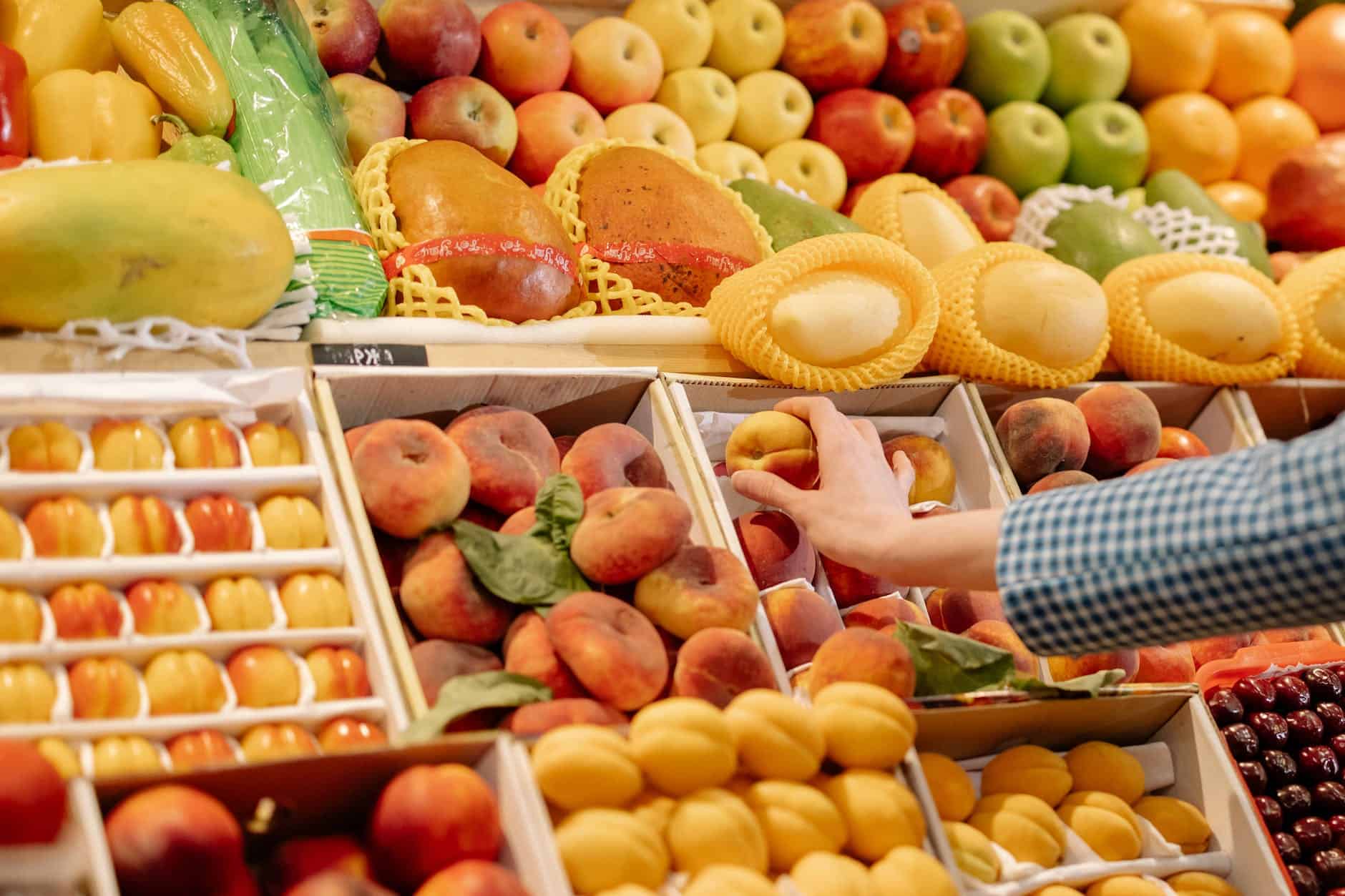After rising in October 2023, Swiss inflation dipped in November by 0.2 percentage points to bring annual inflation to 1.4%, reported Switzerland’s Federal Statistical Office (FSO) this week. Photo by cottonbro studio on Pexels.comNovember’s fall brings the rate 0.6 percentage points below the Swiss National Bank’s (SNB) preferred maximum of 2% – the SNB equates price stability with a rise in the Swiss consumer price index (CPI) of less than 2% per annum. The last time Swiss inflation was above 2% was in May 2023 (2.2%). It’s highest point over the last 20 years was in August 2022 (3.5%). November’s 0.2 percentage point decline is due to several factors including falling hotel and international travel prices. The price of fuel and fruit and vegetables also fell. At the same time
Topics:
Investec considers the following as important: Editor's Choice, Personal finance
This could be interesting, too:
Investec writes Swiss inflation falls further in January
Investec writes Catching ski pass cheats – reactions, fines and worse
Investec writes Swiss income taxes at highest level since 2008
Investec writes The rapidly fading economics of solar panels in Switzerland
After rising in October 2023, Swiss inflation dipped in November by 0.2 percentage points to bring annual inflation to 1.4%, reported Switzerland’s Federal Statistical Office (FSO) this week.

November’s fall brings the rate 0.6 percentage points below the Swiss National Bank’s (SNB) preferred maximum of 2% – the SNB equates price stability with a rise in the Swiss consumer price index (CPI) of less than 2% per annum. The last time Swiss inflation was above 2% was in May 2023 (2.2%). It’s highest point over the last 20 years was in August 2022 (3.5%).
November’s 0.2 percentage point decline is due to several factors including falling hotel and international travel prices. The price of fuel and fruit and vegetables also fell. At the same time rents were higher. These are likely to continue to climb as rents are reviewed upwards after a recent rise in the reference rate, in addition to higher landlord costs, which can be passed on to some extent.
Much of the 1.4% inflation was home grown. Prices of locally produced goods and services rose 2.1%. This was offset by deflation in the price of imports, which fell by 0.6%.
On 21 September 2023, the SNB decided to keep the interest rate at 1.75%, despite a widely held expectation that the rate would be lifted to 2.00%. The next rate decision will be taken in mid-December 2023.
More on this:
FSO statement (in French) – Take a 5 minute French test now
For more stories like this on Switzerland follow us on Facebook and Twitter.
